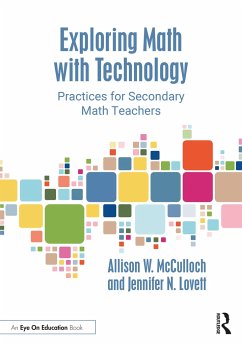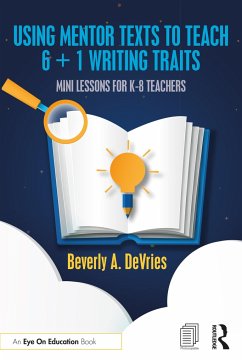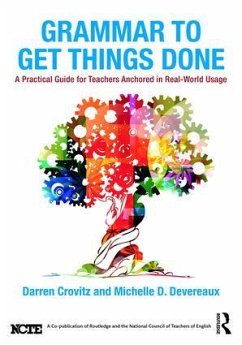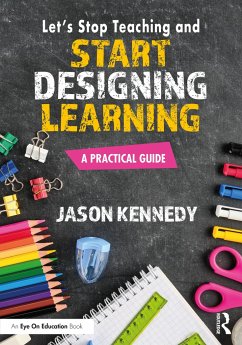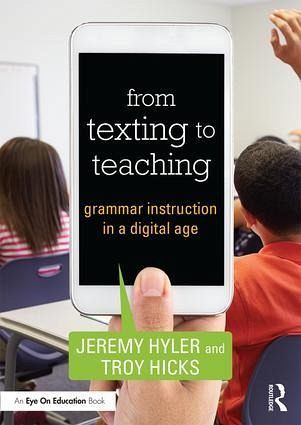
From Texting to Teaching
Grammar Instruction in a Digital Age
Versandkostenfrei!
Versandfertig in 1-2 Wochen
34,99 €
inkl. MwSt.
Weitere Ausgaben:

PAYBACK Punkte
17 °P sammeln!
Donâ t blame technology for poor student grammar; instead, use technology intentionally to reach students and actually improve their writing!









